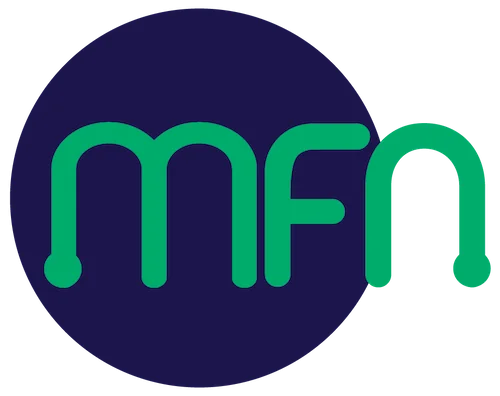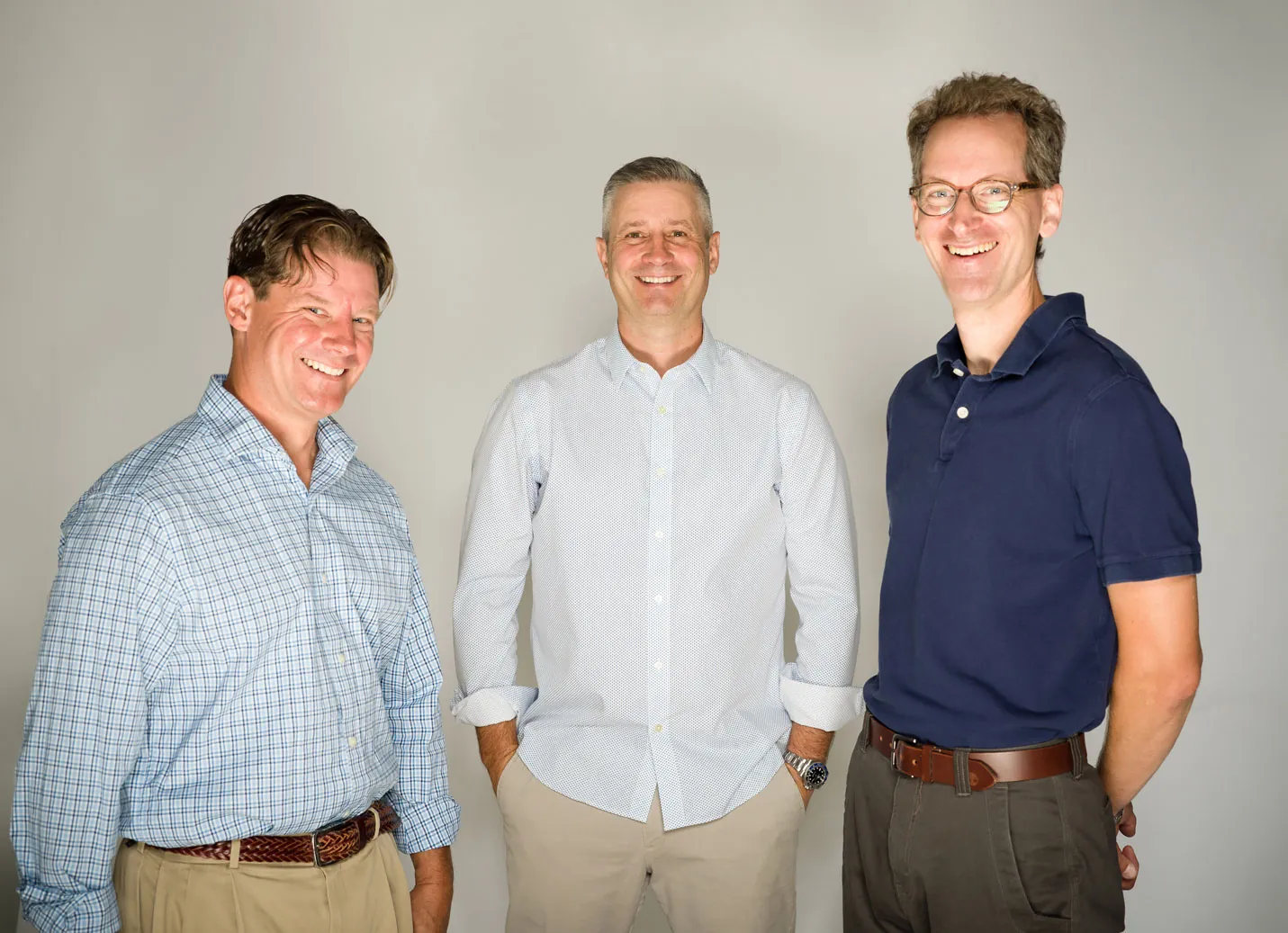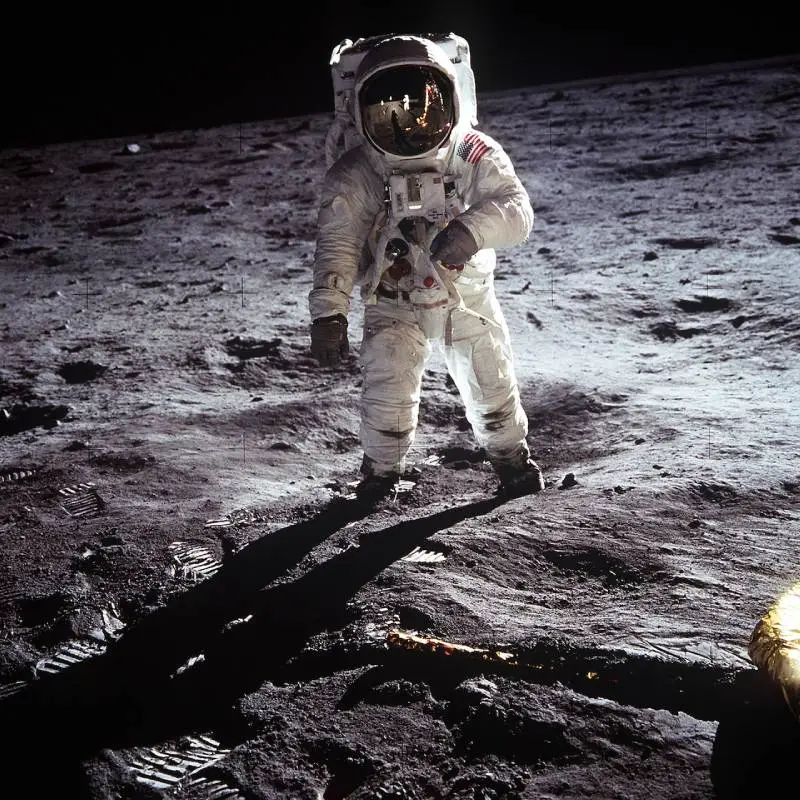By Makayla-Courtney McGeeney
Makayla-Courtney McGeeney is a Freelance Marketing Consultant and Journalist who has contributed to print and digital publications throughout New England since 2015.

Sol Clarity Co-Founder and CTO Annie Rabi Bernard, Ph.D., is on a mission to address water scarcity and carbon emissions through technology.
While Sol Clarity’s sustainable cleaning technique is promising, it’s not the only motivator for Bernard. She brings lived experience to her work, having implemented solar projects in her home country of India to improve water access.
Bernard’s work began when she was a high school student in India. She and her classmates replaced a combustion fire method for cooking rice with solar emitters.
“A woman came up to us and said that it was her first time not coughing while cooking,” Bernard said. “When you can put your knowledge out there to make someone’s life better, that’s what success means for me,” Bernard said. “I know I will hold on to that memory forever.”
Bernard co-founded Sol Clarity with CEO Ryan Eriksen, Ph.D. in 2020 after working together in a lab at Boston University (BU) for six years. Sol Clarity is in the prototype phase, testing the viability of Electrodynamic Screen (EDS) overlays, which automatically remove dust from the surface of solar panels in an effort to improve energy output.
In regions where solar power plants are typically installed, semi-arid weather conditions often lead to build up of dust and debris. Maintenance of these solar panels requires water, labor, and transportation. Sol Clairity’s EDS technology removes the need for water, transportation, and labor costs, and could conserve fourteen billion liters of water each year. Deploying the EDS on solar installations also negates the need for trucks to transport water, reducing C02 emissions.. EDS makes sustainable power generation even more sustainable.
Balancing Partnerships at the Top
While both co-founders are passionate about sustainability—Eriksen has a Ph.D. in material science and gained managerial experience from working as a post-doc in the lab with a team of 14, while Bernard wrote her thesis on the technology that Sol Clarity is using—they have had some challenges working out their roles in their work together.
“As with any good co-founder story, we definitely had a few head butts… We discovered that we both had leadership mentalities and we had different ideas toward the same goals. We had to learn how to channel that into one single path forward,” Bernard said. “Ryan is such an understanding,wonderful team player. Through his patience, Ryan gave me space to understand the importance of team work necessary to move a technology forward into the market.”
Bernard tends to be overly optimistic and finds herself agreeing to many projects while her co-founder is a “very sane realist” and helps ground her. “That was really helpful learning and building the company with Ryan,” she said. At Sol Clarity, both co-founders have learned how to benefit from each other’s energy levels, and how to make success of the dynamics.
Addressing Sexism
The gender ratio in a lot of labs is skewed, and Bernard has been inspired to work to create a better environment at her company. She says diversity is what is most important to the company’s foundation.
“We’re trying to be understanding and welcoming at Sol Clarity…because we realized one of the strengths we had at BU was indeed the diversity of students. The lab had multiple students from different backgrounds. That brought a lot of creativity into the projects and we want to embrace that at Sol Clarity.” she said.
Before Bernard started working in the lab where she met Eriksen, she said she was selective due to male toxicity and assumptions about women’s roles and ideologies.
“I didn’t want to be in a toxic environment where I wasn’t confident if I would have been heard,” she said. “When I’m talking about the technology, people put down their pens and listen. I haven’t found a gender bias or my voice being suppressed at Sol Clarity, nor did I face anything that affected my confidence at the BU labs.” At Sol Clarity, every day we strive towards such an accepting environment.”
Start-Up Capital
Sol Clarity has been operating out of Greentown Labs in Somerville since 2021, which offers a wealth of resources for machinery, industry networking, manufacturers, and other startups.
In 2021, Sol Clarity was awarded $65,000 from the Massachusetts Clean Energy Center’s (MassCEC) Catalyst grant to develop a prototype of the EDS which would be tested in real-life outdoor settings similar to where the EDS would have its biggest target market. The same year, the company was a finalist for Lever’s Berkshire Sustainability Challenge and received a $3,500 scholarship from MassCEC, which aided in the installation of the first Field Testing Unit (FTU) at Arizona State University. Sol Clarity also was awarded $50,000 as part of the American Made Solar Prize Round 4.
In 2022 Sol Clarity was awarded a $50,000 accelerator prize from Equinor Ventures to further the company’s efforts in bringing the patented technology to market. Later, the company received $920,000 of seed funding from Equinor Ventures and Techstars.
“It helped us gain a pilot field test to put the first-ever scaled-up product on a site in Massachusetts. Equinor Ventures has been a huge help for us to advance into the market.” Bernard said.
Are you working to find community and opportunity as a Massachusetts startup founder? Join MFN and get access to experts, networking opportunities, and connections within the statewide entrepreneur ecosystem.



